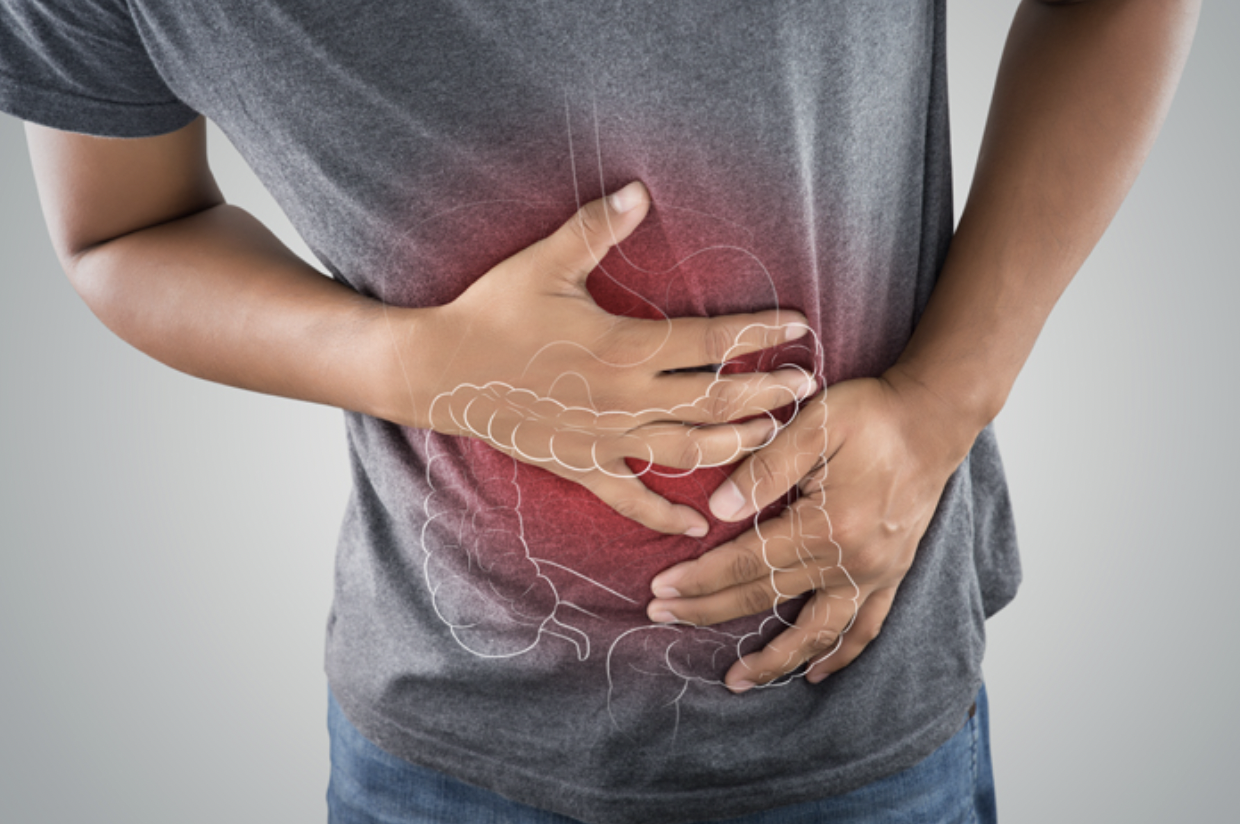Overview
Upset stomach is common among both children and adults and may lead to loose, watery stools during bowel movement. While the condition may be temporary and go away on its own, some cases may require medical attention. In these cases, loose motions may be the cause of a serious or chronic condition. If it doesn’t improve or if you are experiencing additional symptoms, it is advisable to visit a doctor for loose motions treatment.
What are Loose Motions?

Loose motions, medically known as diarrhea, are the passage of loose or watery stools during bowel movement. The condition may be the result of poor dietary habits or an upset stomach. It can make you lose too much fluid and lead to dehydration. You tend to feel weak. If it persists, loose motions also lead to unhealthy weight loss. A stomach or intestinal illness is the common cause of loose motions. This condition has different types, including the following:
- Acute Diarrhea: Acute diarrhea refers to loose, watery diarrhea that lasts only 1-2 days. It is the most common type of diarrhea and goes away without any treatment.
- Persistent Diarrhea: Persistent diarrhea lasts longer than acute diarrhea, for up to 3-4 weeks, and may require a visit to the doctor if the symptoms do not go away.
- Chronic Diarrhea: If your loose motions last more than 4 weeks, you may be suffering from chronic diarrhea. The reason for such long discomfort in the stomach may be a more serious condition.
When to See a Doctor?
It is advisable to be watchful of the symptoms of diarrhea. The main sign of diarrhea is loose or watery stool. Other symptoms include bloating, cramps, a strong need to poop, and nausea. These symptoms do not require a visit to the doctor, especially if they last a few days. As per Dr. Anando Sengupta (providing loose motions treatment in ashok vihar) you need expert care if you go through any of the below mentioned sign and symptoms:
- Severe pain in the stomach accompanied by fever and vomiting.
- Unexplained weight loss
- Blood or mucus in stool
- Flushed and dry skin
- Unexplained light-headedness and dizziness
- Irritability and confusion
- Dark pee, small amount of pee, or no peeing at all
Treatment for Loose Motions
In most cases, you may get rid of loose motions on your own. It is advised to drink lots of water or ORS to maintain your hydration levels. If home remedies do not solve your problem, you can seek help from an expert like Dr. Anando Sengupta (providing loose motions treatment in ashok vihar). They may recommend the following treatment options:
- Antibiotics or antiparasitics to kill infection-causing germs.
- Medications to treat chronic conditions that cause diarrhea.
- Probiotics to introduce good bacteria into your gut to combat diarrhea.
- Lifestyle changes, including avoiding oily and spicy food and food with excessive fat, dairy, and other substances that may contribute to diarrhea.
Procedure
All cases of acute and persistent diarrhea can be treated through home remedies and medication. But if loose motions are the result of a more serious condition, such as inflammatory bowel syndrome or IBS, your healthcare provider will offer a more comprehensive treatment approach to treat the condition. In this situation, you may need to visit a gastroenterologist for Diarrhea treatment.
Before
Before offering loose motions treatment, the doctor will run some tests to confirm the diagnosis of IBS. They will recommend a blood test, a stool test, and a hydrogen breath test to rule out the cause of your condition and see if you have the overgrowth of any bacteria or other digestive health conditions.
During
The procedure may vary, depending on the results of the blood reports.
- Colonoscopy: Using colonoscopy, the doctor will determine if you have bowel disorders that may be leading to the symptoms of IBS.
- Flexible Sigmoidoscopy: A scope will be inserted to see the lining of the rectum and lower part of the colon.
- Upper Endoscopy: With the help of upper endoscopy, they will diagnose other GI conditions, including celiac disease. They will examine your esophagus, stomach, and the first part of your intestine through the scope.
After
You will be given medicines to manage the symptoms of IBS and reduce the episodes of diarrhea. In addition, the doctor will also recommend some lifestyle changes, including dietary restrictions. Avoid eating spicy food and stick to a balanced diet including green vegetables, fruits, and lean proteins. For some patients, they will recommend cognitive behaviour therapy, hypnotherapy, and biofeedback to manage mental stress, depression, and anxiety associated with IBS.
Why Choose Us?
Dr. Anando Sengupta is the best gastroenterologist in Ashok Vihar. He is well-versed in diagnosing and treating all types of diarrhea. The doctor uses a patient-centred approach, ensuring you receive a suitable treatment to alleviate the symptoms of loose motions and address its underlying cause. Whether you have acute or chronic diarrhea, Dr. Sengupta offers an effective supportive Loose Motions Treatment in Ashok Vihar.
The treatment at Dr. Sengupta’s clinic goes beyond just state-of-the-art gastrointestinal care. As a patient, rest assured that you receive a full spectrum of care. Each patient gets the best level of comprehensive and personalized treatment that is unavailable at most clinics.
Frequently Asked Questions
The main cause of loose motions is illness or infection in the stomach. It may be the result of poor dietary habits or exposure to contaminated food.
Acute loose motions tend to go away on their own after 1-2 days. Persistent loose motions may take up to a week to go away. Chronic loose motions require medical treatment.
Oral rehydration solution or ORS is the fastest way to stop loose motions. In addition, stay hydrated by drinking plenty of water. You can also drink coconut water.




